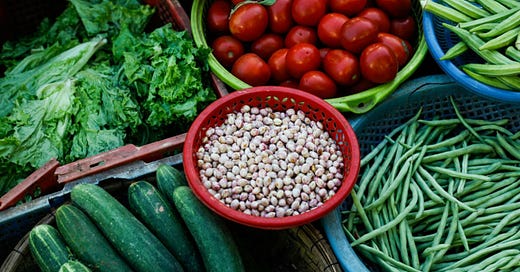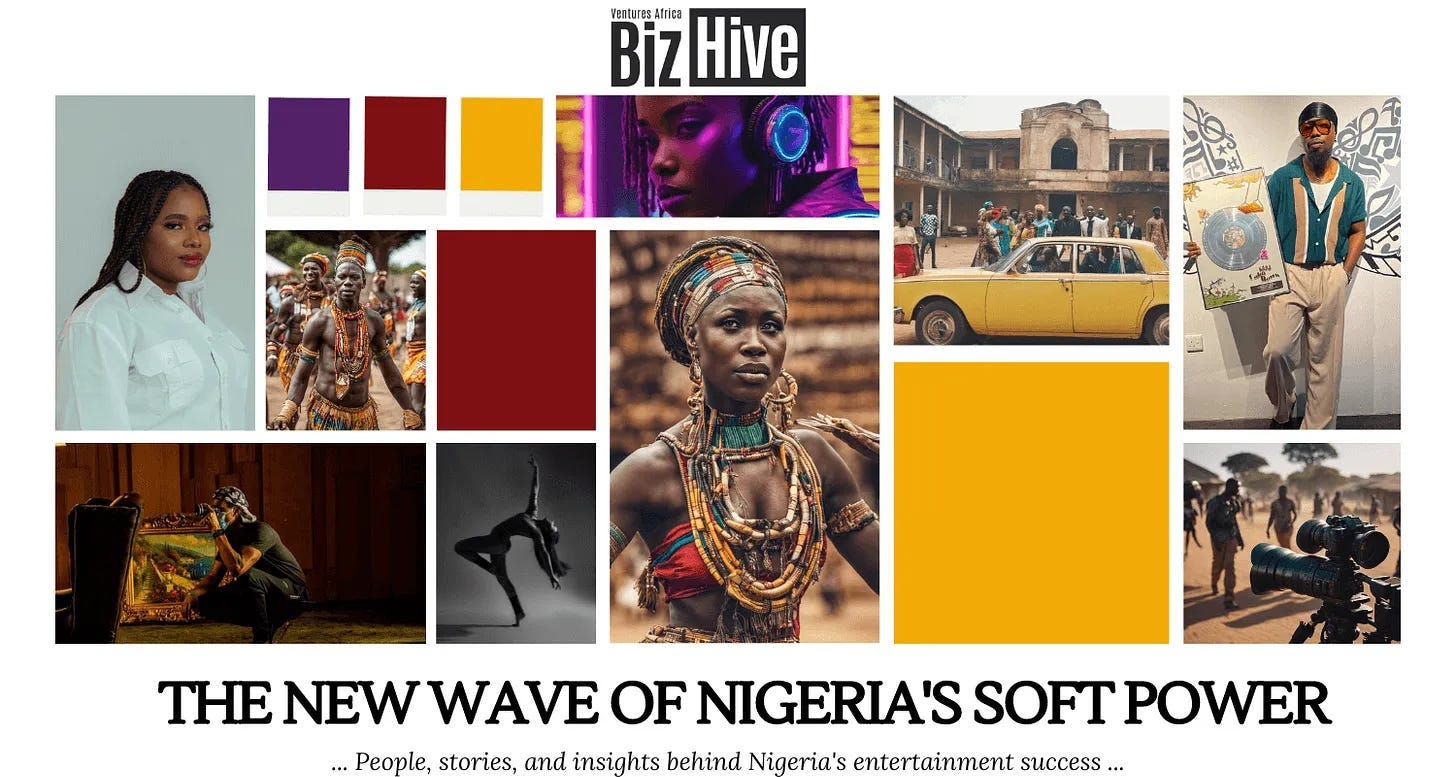Hello Venturer,
Have you noticed that the surge in inflation in many developing nations worsens hunger and poverty? For instance, during Egypt's recent currency crisis and five-year high inflation, the government controversially suggested consuming chicken feet, a symbol of extreme poverty, leading to public outrage.
Similarly, Nigeria, Africa's largest economy, has faced unprecedented currency deflation and heightened inflation in recent months, driving up the cost of consumer goods, particularly food. Insecurity further exacerbates Nigeria's severe food crisis.
According to the latest World Bank Food Security report, seven states in Nigeria's northwest and northeast regions are expected to reach crisis-level food insecurity in 2024, mainly due to persistent insecurity and armed conflict disrupting farming and livelihoods. What is the solution to Nigeria’s food crisis?
Addressing Nigeria's food crisis requires comprehensive solutions. As Virginia Woolf aptly stated, "One cannot think well, love well, or sleep well if one has not dined well." Have a wonderful weekend.
Ishioma Imokhai-Bello,
Staff Writer, Ventures Africa.
What’s new?
What is the solution to Nigeria’s food crisis?
Nigeria is facing a serious threat of food insecurity. Last July, President Tinubu declared an emergency on food insecurity in the country and moved the item to the National Security Council. However, the move has resulted in little or no impact as food prices continue to surge. Read more.
How is the Red Sea crisis affecting African countries?
The impact of the Red Sea crisis on African countries is likely to be an incredibly mixed bag given the diversity of the countries on the continent. On the one hand, African countries that rely on trade through the Red Sea are likely to suffer negative consequences such as being unable to find key manufactured goods on shelves, and or higher costs of certain goods. Learn more.
The real winners of AFCON 2023
The biggest game on the African continent The 2023 Africa Cup of Nations (AFCON) came to a dramatic end on Sunday, February 11, with a nail-biting final between Ivory Coast and Nigeria. Yet, the real impact of AFCON transcends the glory of the champions and the thrill of the fans. Read more.
European crude oil demands could tighten supply in Nigeria
The current surge in demand for Forcados and Egina blends of crude oil from Europe will trigger a shortage of supply and scarcity of crude oil products within Nigeria, as the country prioritises exportation over internal consumption to bolster foreign exchange revenue. Read more.
Last week, the long-running tax dispute between MultiChoice, Africa’s largest pay TV operator, and the Nigerian government finally came to an end. After nearly three years of investigations, audits, and lawsuits, MultiChoice has agreed to pay a tax settlement of $37.3 million (₦35.4 billion or R475 million) to the country’s tax authority. Read more.
Soft power - To attract, persuade, influence, and shape preferences through culture. Nigeria has effectively done this through entertainment. Our music, films, and content transcend borders, commanding global attention. As master storytellers, we are leveraging new technologies to amplify our cultural influence. Read our latest magazine issue to learn more.
Our Weekly Collectibles
A mundane contractual provision met with rampant corruption — revealing a serious vulnerability in one of the backbones of international commerce. How Two Irish Businessmen Almost Took Nigeria for $11 Billion explains it all.
The West African country built four expensive stadiums for AFCON, but what happens when the football tournament is over? Find out in AFCON 2023: What happens to Ivory Coast's new stadiums?
Learn more about the late Herbert Wigwe and the story of Nigerian banking in Unfinished Business.
AI tools provided by companies like Palantir raise questions about when and how invasive tech should be used in wartime. Learn more in How Tech Giants Turned Ukraine Into an AI War Lab.









